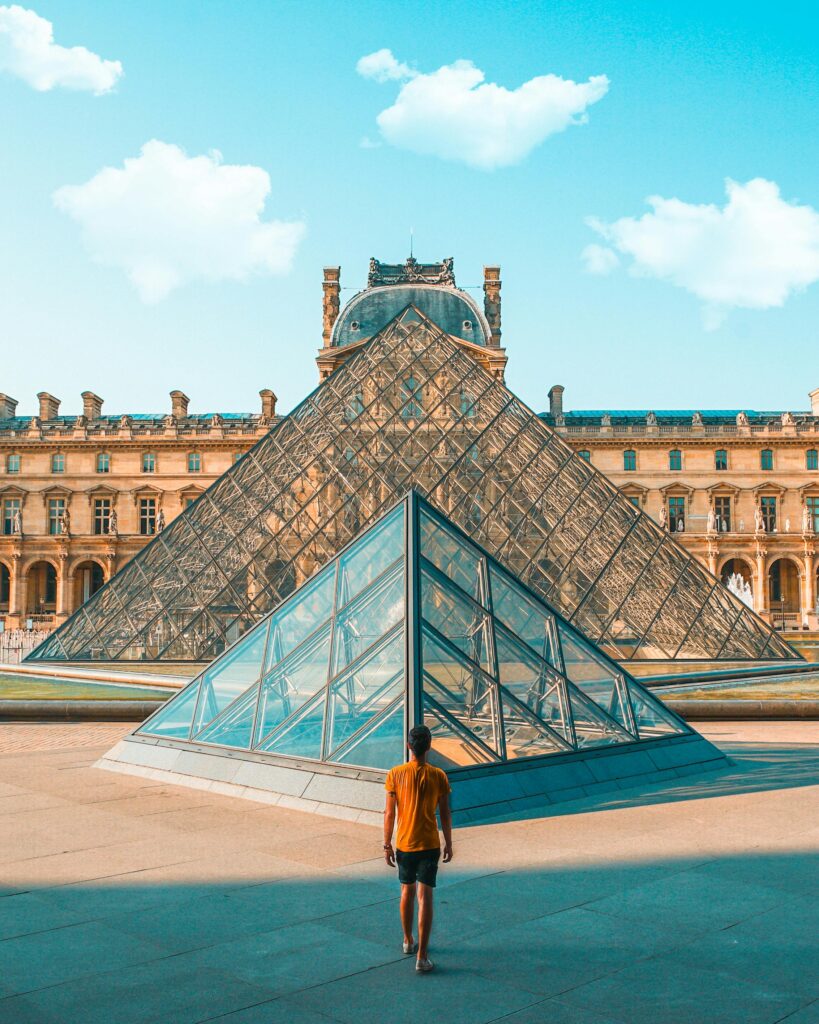Understanding the luxury Chinese traveler is essential for businesses in the tourism and hospitality industry. As this affluent demographic continues to grow and evolve, it reshapes the global luxury travel market with its distinct preferences and motivations. This article delves into the key demographics, evolving travel motivations, and unique characteristics that set luxury Chinese travelers apart, offering valuable insights for marketers and businesses aiming to capture this lucrative market.
Key Demographics: The Rise of Affluent Chinese Travelers
The rapid urbanization and economic expansion in China have given rise to a new class of affluent travelers. As disposable incomes increase, many Chinese consumers are seeking premium travel experiences, both domestically and internationally. This shift positions China as a critical player in the global luxury travel market, with projections indicating sustained growth in the coming years.
Affluent Chinese travelers often come from major urban centers such as Beijing, Shanghai, and Guangzhou. They are typically well-educated, tech-savvy, and highly discerning in their travel choices. This demographic values exclusivity, comfort, and unique experiences that reflect their social status and personal tastes.
Evolving Travel Motivations: A Blend of Business and Leisure
Chinese luxury travelers’ motivations are as diverse as their backgrounds. The first generation of entrepreneurs, who emerged during the early days of China’s economic reforms, often combines business with leisure travel. These individuals seek efficient, effortless travel experiences that allow them to indulge in fine dining, leisure activities, and exclusive services.
For younger generations, travel motivations extend beyond material indulgence. They seek personal growth, cultural exploration, and opportunities to assert their individuality. This shift is driven by a desire to connect with the global community and experience destinations in a more meaningful way.
Key Personas: The Modern Chinese Traveler
The luxury Chinese traveler can be categorized into several key personas, each with unique preferences and behaviors:
- The Heirs of Family Wealth: These travelers navigate a landscape shaped by tradition and modernity. They seek exclusive, high-end experiences that reflect their affluent upbringing and social status.
- First-Generation Entrepreneurs: This group values a blend of business and leisure. They prioritize efficiency and enjoyment, seeking destinations that offer both luxury and convenience.
- Young Digital Nomads: Millennials and Gen Z travelers embrace a remote work lifestyle, valuing freedom, flexibility, and authentic experiences. They favor destinations that offer a blend of connectivity, cultural immersion, and work-life balance.

Distinct Characteristics: What Sets Chinese Luxury Travelers Apart
Chinese luxury travelers exhibit unique characteristics that differentiate them from their global peers. Nearly 90% of high-net-worth individuals (HNWI) in China intend to increase their domestic travel over the next three years, with island destinations like Sanya and the Maldives being top choices.
One distinguishing feature is the high value placed on the showy aspect of luxury. Chinese travelers enjoy showcasing their wealth and status, seeking out brands and experiences that attract attention and admiration. This desire for social recognition influences their travel choices and purchasing decisions.
Moreover, there’s a nuanced difference between mature and younger Chinese luxury travelers. Mature travelers prioritize exclusivity, while younger travelers favor uniqueness and social interactions. There is also a growing appreciation for craftsmanship and artisanal experiences, with an increasing interest in itineraries centered around themes like floral art and behind-the-scenes tours.
The Influence of Social Status and “Face”
In Chinese culture, the concept of “face”—the desire to avoid embarrassment or shame—plays a significant role in purchasing decisions. Luxury travelers prioritize goods and services that enhance their social standing and avoid anything that could cause embarrassment among their peers. This cultural nuance significantly shapes their travel preferences and brand choices.
The Importance of Personalization and Authenticity
Today’s luxury Chinese travelers seek experiential and transformative journeys that go beyond mere functionality. They aspire to immersive experiences that foster learning, create enduring memories, and facilitate genuine engagement with local cultures. Key considerations for these travelers include personalization, exclusivity, sustainability, health and well-being, and immersive local experiences.
Travel providers must adopt a nuanced approach that embraces cultural sensitivity, authenticity, and innovation. By identifying and accommodating the evolving preferences, aspirations, and values of luxury Chinese travelers, businesses can forge meaningful connections and deliver transformative experiences that resonate deeply with this dynamic demographic.
The luxury Chinese travel market is poised for continued growth and transformation. As demographics evolve and travel motivations shift, businesses must adapt to meet the changing needs and preferences of this affluent demographic. By embracing personalization, authenticity, and cultural sensitivity, travel providers can capture the hearts and minds of luxury Chinese travelers, fostering lasting connections and driving success in the global luxury travel market.



